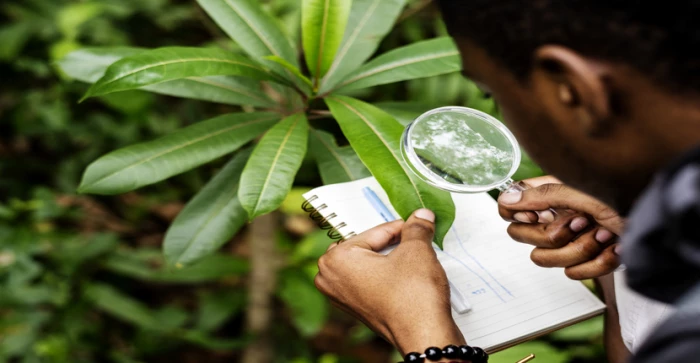
Ecology Surveys
Get in touchAt Invasive Weed, we provide comprehensive ecology surveys to support planning applications, land development projects, and conservation efforts and across the UK.
Ecology surveys are essential for identifying protected species, assessing habitat value, and ensuring compliance with environmental laws. .
Our qualified ecologists deliver detailed reports and mitigation strategies, helping landowners and developers meet legal requirements and protect biodiversity.
Whether you require a Preliminary Ecological Appraisal (PEA), Protected Species Survey, or Biodiversity Net Gain (BNG) Assessment, we provide tailored solutions to suit your project needs.
Contact us for an expert habitat consultation today.
What Is the Ecology Survey Process?
The ecology survey process begins with an initial site visit and assessment, where ecologists identify key habitats, species presence, and ecological constraints. This is followed by species identification and data collection through detailed observations, surveys, and environmental assessments to confirm the presence of protected species or habitats.
A comprehensive ecology survey report is then prepared, outlining findings, legal requirements, and mitigation strategies to ensure compliance.
If necessary, follow-up monitoring is conducted to track species relocation, habitat restoration, and ongoing environmental commitments.
What Types of Ecology Surveys Are Available?
Ecology surveys cover baseline assessments, protected species surveys, habitat evaluations, biodiversity impact assessments, and invasive species management.
These surveys also include:
Preliminary Ecological Appraisal (PEA) – A baseline assessment that identifies potential ecological risks and recommends further surveys if needed.
Protected Species Surveys – Legally required surveys to confirm the presence of bats, badgers, great crested newts, reptiles, birds, and other protected wildlife.
Habitat Surveys – Evaluating the biodiversity, vegetation quality, and ecological significance of a site.
Biodiversity Net Gain (BNG) Assessments – Ensuring that development projects achieve no net loss of biodiversity, as required by UK planning policy.
Environmental Impact Assessments (EIA) – Comprehensive studies assessing the impact of a project on wildlife, ecosystems, and landscape ecology.
Invasive Species Surveys – Identifying and managing the presence of non-native plants and animals, such as Japanese Knotweed or Himalayan Balsam, which may affect development plans.
How Much Does an Ecology Survey Cost?
Ecology survey costs range from £500 to £10,000+, depending on site size, survey type, and complexity.
A Preliminary Ecological Appraisal (PEA) typically costs between £500 and £1,500, while protected species surveys (e.g., for bats, badgers, or great crested newts) can range from £800 to £3,500, depending on the complexity and species involved.
Large-scale Environmental Impact Assessments (EIA) for major developments can exceed £5,000–£10,000, as they require multiple site visits and in-depth data analysis.
Additional expenses may include mitigation strategies (£1,000+), licensing fees (£200–£500 per species), and follow-up surveys (£300–£1,500 per visit).
Contact Invasive Weed to get customised pricing for the ecology survey project in targeted biodiversity.
Is a Permit Required for an Ecology Survey?
Ecology surveys for particular species such as bats, great crested newts, dormice, and badgers are protected under UK law, meaning surveys and mitigation plans must be approved by regulatory bodies.
The Wildlife and Countryside Act 1981 and Habitats Regulations 2017 dictate that landowners and developers must obtain permits before undertaking activities that may disturb or relocate protected species.
Our team ensures that all legal requirements are met, handling permit applications and compliance with local authorities.
How Long Does an Ecology Survey Take?
Ecology surveys, such as Preliminary Ecological Appraisal (PEA), can usually be completed within one to two weeks, while more detailed protected species surveys may take several months due to seasonal limitations.
For instance, bat surveys must be conducted between May and September when bats are active, great crested newt surveys require multiple site visits between March and June, and winter bird surveys take place from November to February.

What Are the Environmental Considerations in an Ecology Survey?
The ecology survey process focuses on minimising ecological disruption by identifying at-risk habitats and implementing mitigation strategies to safeguard wildlife.
Sustainable development practices are incorporated into site plans, including wildlife corridors, habitat creation, and replanting initiatives.
Additionally, compliance with environmental laws is ensured to meet legal and sustainability requirements, preventing regulatory breaches and project delays.
By integrating ecological best practices, we help developers, landowners, and conservationists achieve a balance between development and biodiversity protection.
Contact Invasive Weed to get detailed information on ecology surveys of targeted biodiversity.
